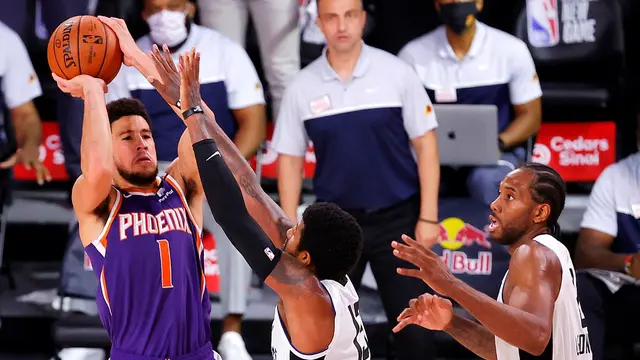Russian military intelligence targeted Salisbury poisoning victim Yulia Skripal's email account as early as 2013, according to the UK government's national security adviser.
In a letter to Nato, Sir Mark Sedwill said there was evidence Russia trained "special units" to use nerve agents.
He said the methods included putting nerve agents on door handles, as police say happened in the attack on Yulia, 33, and her ex-spy father Sergei on 4 March.
The letter was sent ahead of an invitation for Sir Mark to brief Nato on 15 April about the Salisbury attack.
It comes after the international chemical weapons watchdog confirmed the UK's analysis of the type of nerve agent used in the Russian ex-spy poisoning.
The UK says Ms Skripal and her 66-year-old father, who were found slumped on a park bench in the city, were exposed to the toxic nerve agent Novichok.
The Russian government has denied any involvement and accused the British of inventing a "fake story".
The Russian embassy, which is publishing its own report into the Salisbury attack, said the UK had not produced "any evidence" to support its claims about the incident.
Its ambassador Alexander Yakovenko called Britain's response "quite strange, to put it mildly" as he criticised the UK's refusal to grant consular access to Ms Skripal.
Assassination 'tests'
Sir Mark's letter to Nato Secretary General Jens Stoltenberg is the first time the UK government has claimed to have specific information that the Russians were interested in the Skripal family.
But the details contained in the letter do not identify the exact culprits behind the poison attack.
The letter accuses Russia of testing assassination methods with chemical weapons, including using nerve agents smeared on to door handles.
He said it was "highly likely" people such as Mr Skripal, who was exchanged in a spy swap in 2010 after being convicted of passing information to the UK, may be regarded as "legitimate targets" for "state-sponsored assassination" by Russia.
Sir Mark says the UK government continues "to judge that only Russia has the technical means, operational experience and motive for the attack on the Skripals and that it is highly likely that the Russian state was responsible".
"There is no plausible alternative explanation," he added.
The letter also claims President Vladimir Putin was closely involved in the Russian chemical weapons programme in the mid-2000s, and that it was "highly unlikely" any former Soviet republic other than Russia pursued chemical weapons after independence.
Mr Skripal remains at Salisbury District Hospital. His daughter was discharged on Monday.
(BBC)
 简体中文
简体中文







